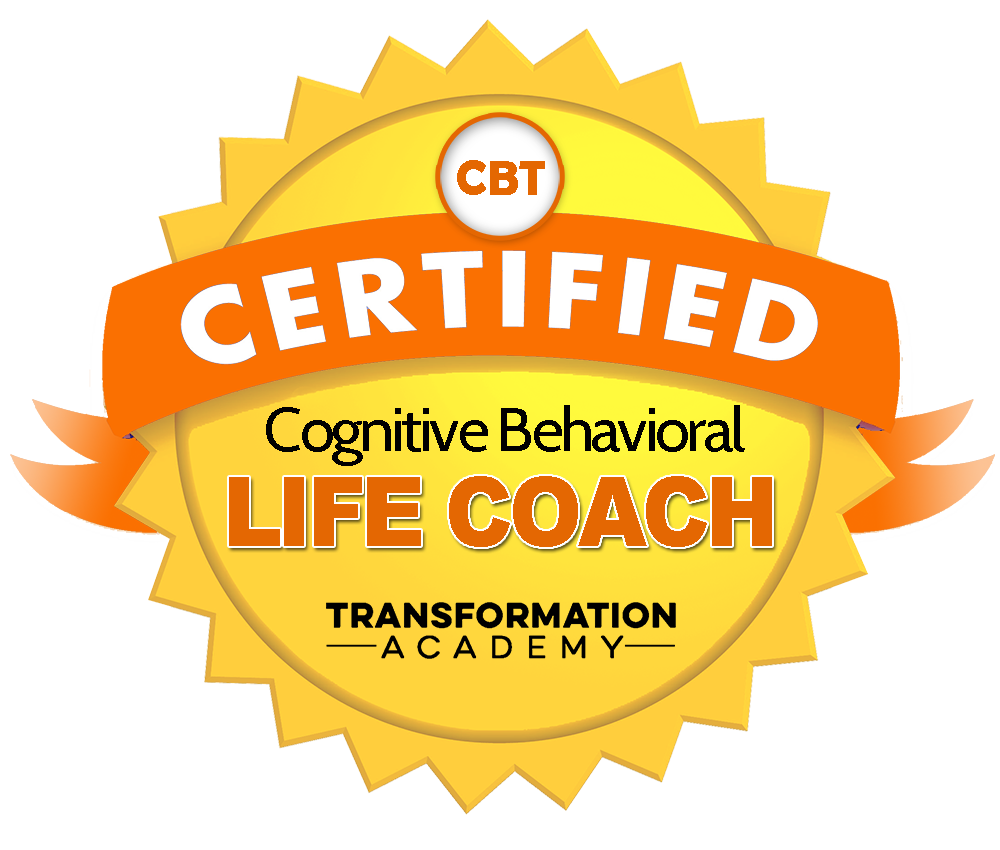Accepting The Diagnosis Of Autism

Receiving a diagnosis of Autism can seem overwhelming. You may be left with a lot of unanswered questions about the diagnosis. You might be thinking the diagnosis is wrong. This cannot be happening to your child. There are different feelings and emotions you will experience when dealing with a diagnosis of Autism. Here are some of the ways you might be feeling, and ways to come to terms with the diagnosis.
Denial
Denial is a common feeling when dealing with any medical problem. Sometimes it is easier to deny that there is even a problem. Some parents do not want to consider that there could be something wrong with their child. So they pretend like there is nothing wrong. The doctor was wrong, their child was perfectly normal. Being in denial about the diagnosis will not help anything. The sooner that you accept that your child is Autistic the better both of you will be. The condition will not go away if you ignore it. Accepting the diagnosis and moving on will be a huge step for you as a parent to take. The quicker this is done the sooner you can start looking into treatment options.
Anger
Anger is one of the emotions you might feel when you get a diagnosis of Autism. You might be angry with yourself, or angry with God. Why is your child Autistic? You might be angry with other parents who have healthy children. This is a normal feeling to experience. Remember to think of all the great things about your child while you are feeling angry. Share your feelings with others. Keeping anger bottled up can be a bad thing.
Grief
Sometimes when a parent gets a diagnosis of Autism they go through a grieving period. They are sad that their child has something wrong with them. They may be feeling sad that the dreams they had for their child may have to change. They might be sad over the way the world will treat their child and the hardships they will face. Grief is a normal emotion to go through. The key is to get through the grief, and on to the acceptance. Try not to look at the wrong things. There will have to be some adjustments made to your plans for your child's future. That is what life is all about, change. If you find yourself unable to move past the grieving stage you might need to talk to someone. It might help to have a few therapy sessions to deal with the feelings you are experiencing.
Acceptance
Finally coming to terms with the diagnosis of Autism can take a while. Some people are just glad to have an answer to what is wrong with their child. Others have a hard time accepting their child is different from other kids. Eventually, you will accept that your child is different, and that is okay. Once you have accepted the diagnosis of Autism you can start to help your child. Do all the research you can on Autism. Think about how hard it is for your child. They need you to be behind them in their treatments one hundred percent. The first step to doing this is acceptance.
Achieving Self-Control With Autism

Self-discipline is a skill that most autistic children have trouble acquiring. This includes not only inappropriate outbursts but also habits that can be potentially dangerous, such as being aggressive towards others or causing harm to themselves, such as banging their heads off walls. To prevent these and other behaviors, one technique parents and educators can use to control autistic tendencies is self-management. Giving the child power over him- or herself is often the key to keeping control over violent situations and may be a positive step towards learning other behaviors as well.
Self-management works because the child is no longer fully controlled by others. By teaching self-management during specific times of day, such as while the child is at school or therapy, the child will be more likely to continue to practicing self-control during all times of the day. The key is to implement a program in which he or she monitors his or her behavior and activities. Begin with a short time, and continue to monitor the child from a more passive standpoint. Every ten to fifteen minutes remind the child that he or she is in control and needs to monitor and be aware of good and bad behavior.
This monitoring is a form of self-evaluation. When a child is in control, he or she may think more closely about behavior in the past and present. Set clear goals with the child-for example, an afternoon with no aggression towards others or a day at school with no self-injury. Every fifteen minutes ask the child how he or she is doing. Is the goal being met? If the answer is no, perhaps the child is not ready for self-management, or the goals are too unattainable. You want to make sure that the goals are easy to reach first, and then move the child towards more difficult goals in the future. When a child is successful at self-monitoring, he or she will have a more positive attitude towards the experience.
Of course, an important part of self-management is a reward system. Have the child come up with his or her reward, depending on interest. Reinforcement will make these good behavior goals more clearly marked in the child's mind, and by choosing and rewarding him- or herself, the child will feel completely in control of the self-management system. Choose simple rewards to start, such as smiley faces for every goal met and sad faces for every goal not met, and work up to a larger goal, such as a special activity or new toy when a certain amount of smiley faces has been attained.
These types of programs do not develop overnight, so you and the child must have enough time to devote to a self-management experience. By reinforcing good behavior with rewards, as determined by the child instead of by an adult, he or she will be more likely to carry this on even when not participating in the program. If your autistic child is mature enough, this could be a good treatment program to try.
Click the link below to book your free clarity call or free virtual coffee chat.
Grab a copy of our newletter by completing the form below, this will then be sent to your inbox every month.
My Affirmation For The Week
"Creativity is contagious. Pass it on."









